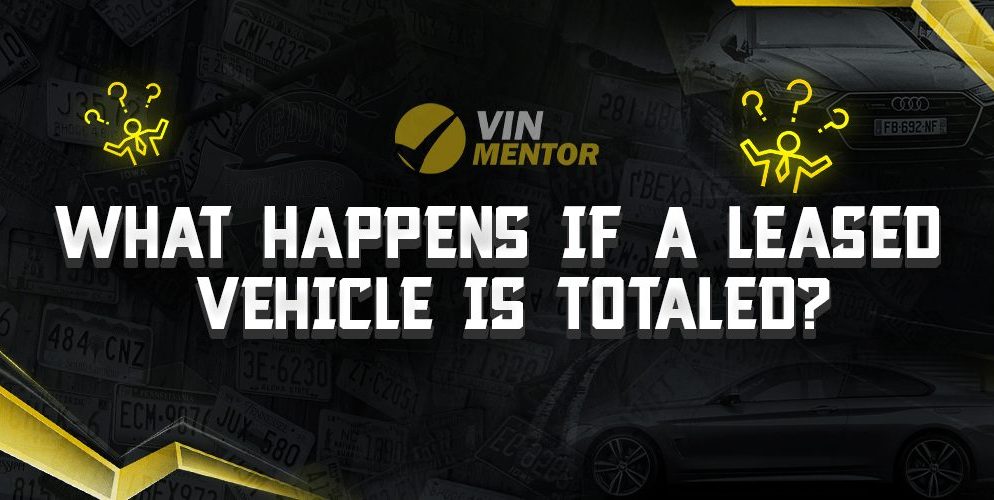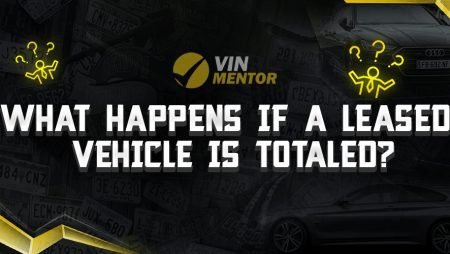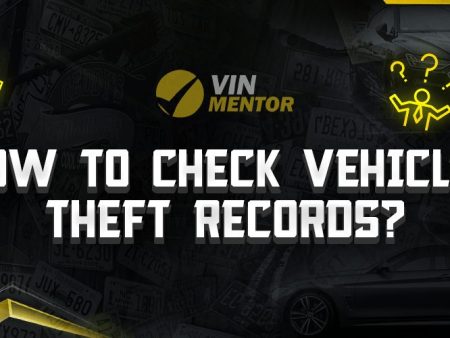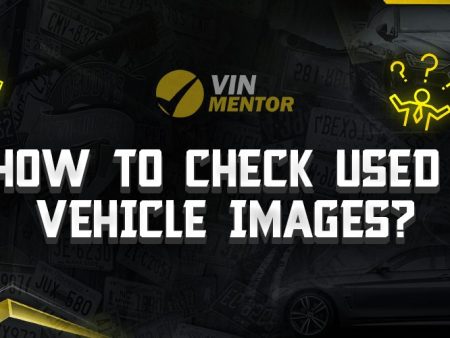

Leasing a vehicle provides an alternative to traditional car ownership, but what happens if the leased vehicle is involved in a serious accident and deemed totaled? In this article, we will explore the key considerations and steps involved when a leased vehicle is totaled. Read on to learn more about the consequences and outcomes in such circumstances.
Key Takeaways
- Financial responsibility for a totaled leased vehicle depends on the circumstances of the accident.
- Contacting the leasing company and insurance provider is crucial after a total loss incident.
- Insurance coverage and fault determination impact the outcome of a totaled leased vehicle.
- Residual value insurance and gap insurance offer additional protection in the event of a total loss.
Understanding the Implications of a Totaled Leased Vehicle
When a leased vehicle is involved in a serious accident and deemed totaled, several considerations come into play. Let’s explore each aspect in detail:
Financial Responsibility Based on Fault
Determining the party responsible for the financial consequences of a totaled leased vehicle is crucial in understanding the implications of the situation. The allocation of financial responsibility is typically based on fault determination. Let’s delve into the two possible scenarios:
- If You Are at Fault for the Damage: If you are deemed at fault for the accident that resulted in the total loss of the leased vehicle, you will typically continue to be responsible for fulfilling the terms of the lease agreement. This means that you will be required to continue making lease payments and adhering to the terms outlined in the agreement. In this case, you will not retain possession of the vehicle as it will be considered a total loss.
- If You Are Not at Fault for the Damage: In the event that you are not responsible for the accident that led to the total loss of the leased vehicle, the financial responsibility typically falls on the at-fault party or their insurance company. The at-fault party’s insurance will generally cover the costs associated with the total loss, including the remaining lease balance and any other applicable fees.
Contact the Leasing Company
- Promptly inform the leasing company about the accident and total loss of the vehicle.
- Follow their specific process for handling totaled vehicles and provide all necessary information.
Notify the Insurance Provider
- Contact your insurance provider immediately to report the accident and total loss of the leased vehicle.
- Provide them with accurate details about the accident, damages, and any other relevant information.
Insurance Coverage and Terms
- Review your insurance policy to understand the coverage for a totaled leased vehicle.
- Consider liability, collision, and comprehensive coverage, as well as any limitations or deductibles that may apply.
- Familiarize yourself with the terms and conditions of your lease agreement regarding insurance requirements and responsibilities.
Protection Through Residual Value and Gap Insurance
- Residual value insurance protects against depreciation and covers the difference between the vehicle’s residual value and the actual cash value determined by the insurance company.
- Gap insurance covers the “gap” between the actual cash value and the remaining lease balance, ensuring you are not financially liable for outstanding payments or fees.
Conclusion
Experiencing a total loss with a leased vehicle can be a complex situation with financial and logistical implications. The outcome depends on fault determination, insurance coverage, and lease contract terms. Promptly contacting the leasing company and insurance provider, understanding the terms of your lease agreement and insurance policy, and considering additional coverage options such as residual value insurance and gap insurance can help navigate the process more effectively. Additionally, conducting a thorough VIN check through our recommended best VIN Check Websites can provide comprehensive information about a vehicle’s history, including any potential accidents or repairs, ensuring you make informed decisions when leasing or purchasing a vehicle.
FAQ
What does it mean for a leased vehicle to be totaled?
When a leased vehicle is considered “totaled,” it means that the cost of repairs exceeds a certain threshold or the vehicle is deemed irreparable due to extensive damage.
Who is responsible for the financial consequences if a leased vehicle is totaled?
The responsibility depends on fault determination. If you are at fault for the accident, you are typically responsible for fulfilling the lease agreement terms. If you are not at fault, the financial responsibility generally falls on the at-fault party or their insurance company.
What should I do if my leased vehicle is totaled?
Contact your leasing company immediately to inform them about the accident and total loss. Follow their specific process for handling totaled vehicles and provide all necessary information. Additionally, notify your insurance provider to report the accident and loss.
Will I still need to make lease payments if my leased vehicle is totaled?
If you are at fault for the accident, you will usually be required to continue making lease payments as per the lease agreement. However, if you are not at fault, the at-fault party’s insurance should cover the remaining lease balance and any other applicable fees.
What insurance coverage do I need for a leased vehicle in case of a total loss?
It’s crucial to review your insurance policy and understand the coverage for a totaled leased vehicle. This typically includes liability, collision, and comprehensive coverage. Familiarize yourself with any limitations or deductibles that may apply.
What is residual value insurance and gap insurance?
Residual value insurance protects against depreciation and covers the difference between the vehicle’s residual value and the actual cash value determined by the insurance company. Gap insurance covers the “gap” between the actual cash value and the remaining lease balance, ensuring you are not financially liable for outstanding payments or fees.
How can I protect myself when leasing a vehicle to avoid financial losses in case of a total loss?
Besides having appropriate insurance coverage, consider additional protection options such as residual value insurance and gap insurance. These can help mitigate the financial impact of a total loss.












